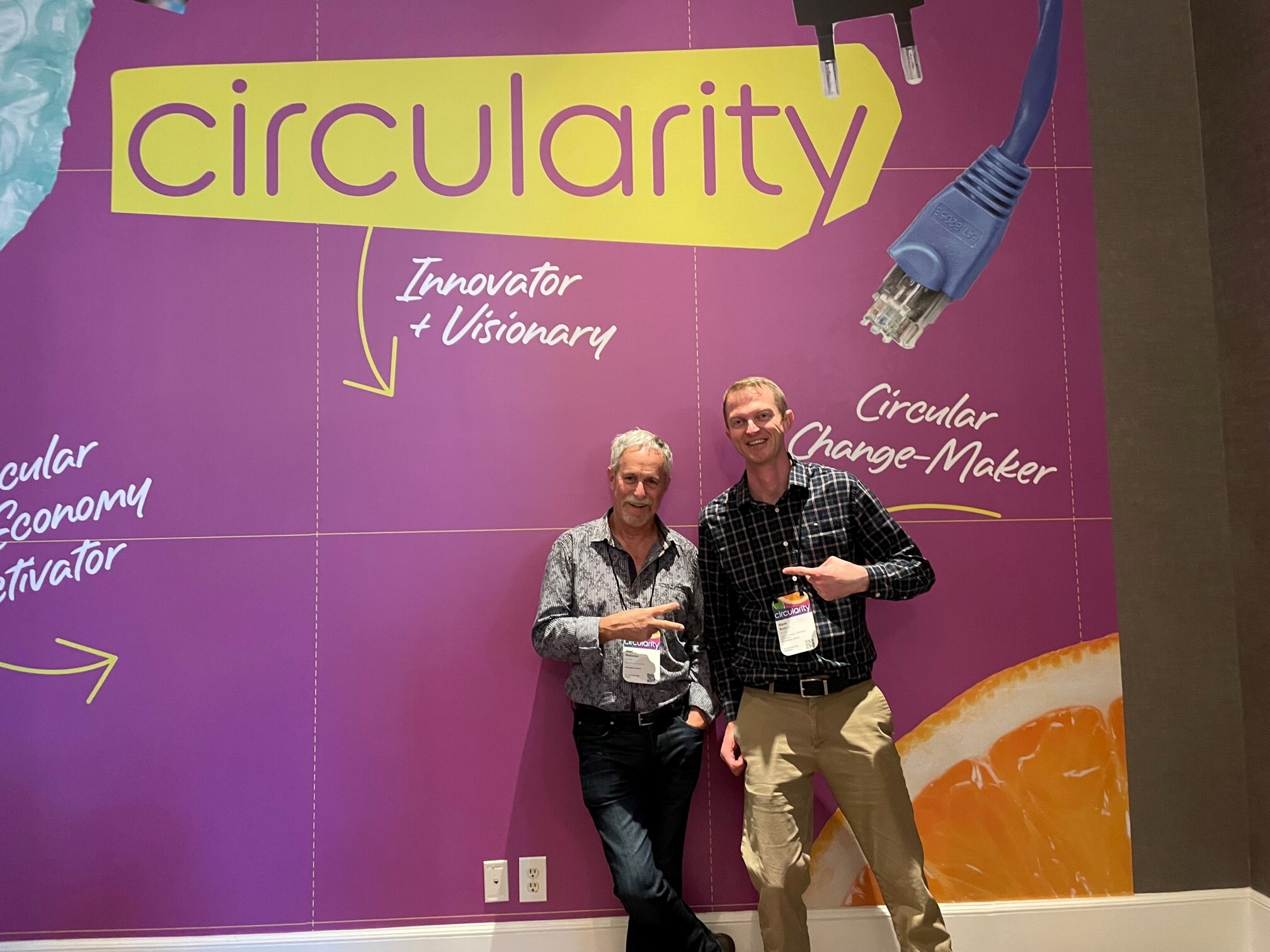June 2022 TheShift e-newsletter
Circularity | Free Webinar with NREL | Upcoming Training
FREE WEBINAR: The Circular Economy Lifecycle Assessment and Visualization (CELAVI) Framework: Current and Future Capabilities and Applications

Description:
Circular Economy (CE) aims at decoupling human activities from economic growth and resource use. While CE economic and environmental benefits are often touted by its proponents, increased circularity and improved sustainability do not necessarily go hand-in-hand. The Circular Economy Lifecycle Assessment and Visualization (CELAVI) framework simulates the transition of renewable energy technology supply chains towards circularity and quantifies spatially explicit environmental impacts and supply chain costs. Using wind blade end-of-life (EOL) management as a case study, this presentation will highlight CELAVI’s features. Furthermore, envisioned extension to the framework could improve the stakeholder decision model by accounting for logistical and other factors. The CELAVI framework could be leveraged to answer crucial questions regarding renewables EOL management.
Presenter Bios:
Julien Walzberg is in NREL’s Strategic Energy Analysis Center (SEAC) where he works on various circular economy projects. His postdoc research – carried out within SEAC as well – focused on applying agent-based modeling to analyze circular economy opportunities for various technologies. He is also an alumni of the Ellen Macarthur Foundation “From linear to circular” program.
Rebecca Hanes is an engineer in SEAC working in the broad field of sustainability-related decision support. She uses a wide range of modeling methodologies to represent large-scale industrial and agricultural systems and explore how those systems can meet humanity’s material and energy needs while causing less harmful environmental and other impacts.
For more information and to Register, click here.
Circularity does not mean Sustainability:
Measurement with LCA and other methods is essential
By Amos Ncube, ESG Senior Sustainability Advisor

Circularity, and the concept of a circular economy, have emerged as important topics in recent years, and not just among sustainability practitioners. The broader policy and business communities are also taking an interest in the far-reaching potential of circularity.
Of course, worthy goals and good principles do not necessarily translate into effective solutions, and in recent years, some authors have warned that increased circularity does not guarantee increased sustainability. That’s why a number of organizations, including ones I’ve been involved with, are developing ways of measuring circularity instead of assuming its benefits — because it’s difficult to manage what you have not measured.
Making the Rounds at Circularity ’22:
Collaboration Will be Key to Systemic Evolution
By Sam Boduch, ESG Account Manager & Operations Coordinator

The COVID 19 pandemic has demonstrated that people can be agile, and quickly transition our ways of doing things when conditions warrant. The folks at GreenBiz did just that by moving their 2020 & 2021 Circularity conferences online and then returning to in-person this year in Atlanta for Circularity 22, which I had the pleasure of attending.
The many stories shared during the conference gave me some fresh perspectives on the life cycle assessment (LCA) and sustainability projects we undertake here at EarthShift Global, and on the fact that, while we’ve made progress toward a circular economy, there is still much to do. I came away enthused about the prospects for the conference theme of Accelerating the Circular Economy.
Upcoming Online Training
Advanced Life Cycle Assessment - Anticipatory LCA
June 7-8, 2022
Introduction to Sustainability Assessment
June 15, 2022